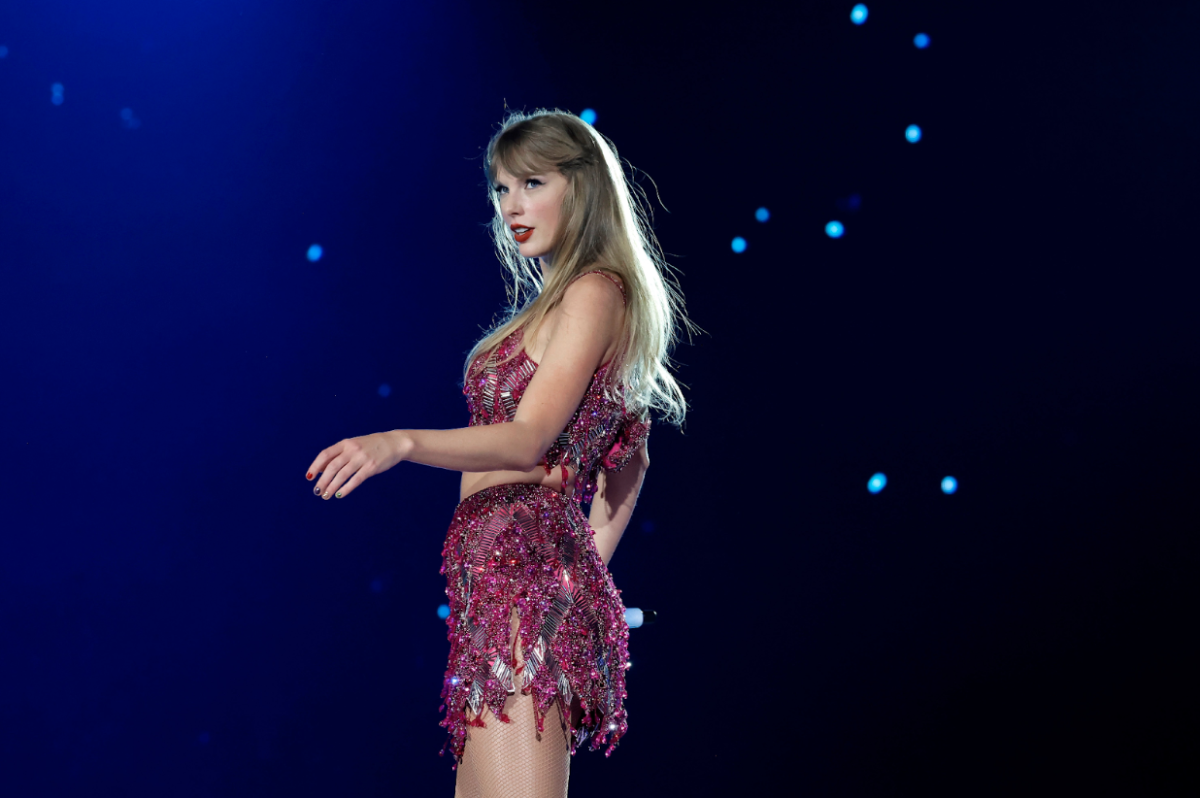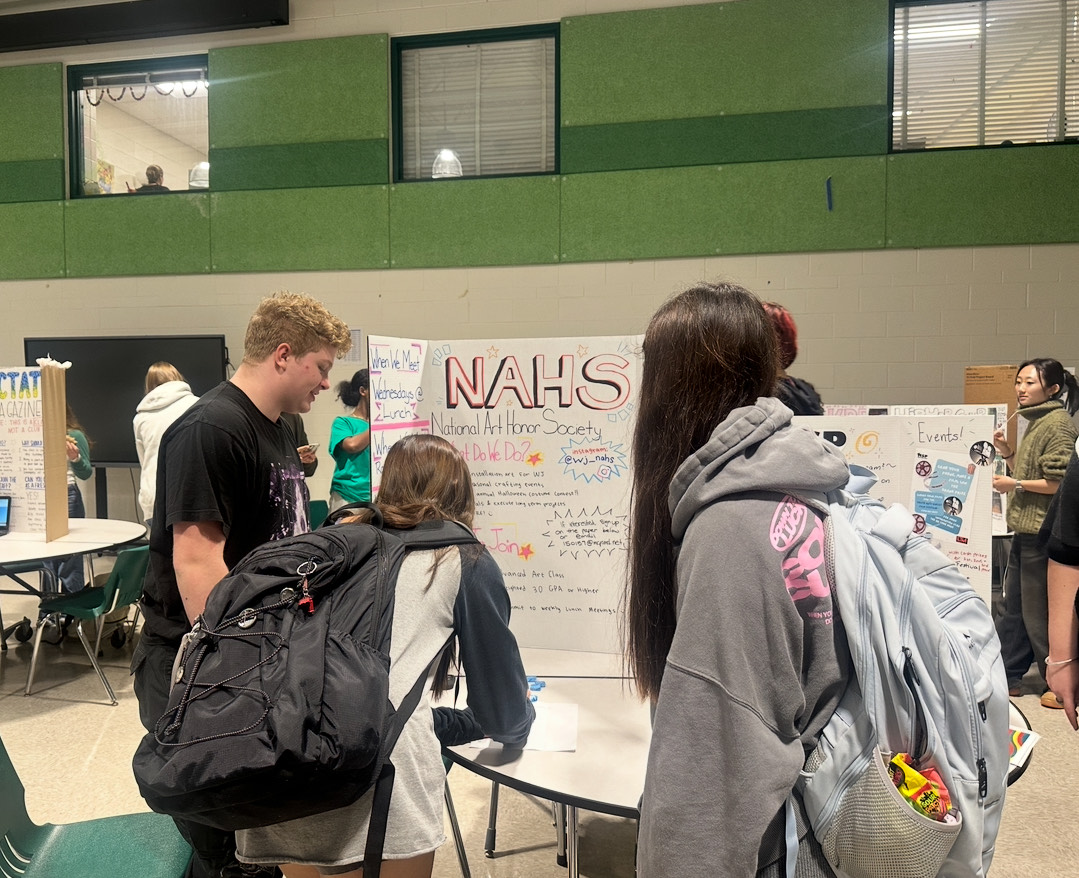No other word can accurately describe Milk, other than sensational. At a time when homosexuals had to fight tooth and nail to make themselves heard, to have the rights that they deserved, Harvey Milk (Sean Penn) was the one man who really gave a damn. The film travels through the last eight years of Milk’s life as an openly gay man starting out as a nobody and ending up as a real force to be reckoned with.
The story follows Milk from 1970 to 1978 on his way to becoming the first gay man elected to office in America as a San Francisco city supervisor. Later Milk fought against Proposition 6 led by California state senator John Briggs (Denis O’Hare) that would ban gays, lesbians and possibly even anyone who supported gay rights from working in California public schools.
Starting out as co-owner of a photo printing store, Castro Camera, with partner at the time Scott Smith (James Franco), Milk then began to gather support for his campaign for city supervisor. After losing a number of consecutive elections, Milk won the 1977 election against Rick Stokes (Stephen Spinella) and was able to gain a victory not only for himself but for all his gay supporters in San Francisco.
What ultimately lead to his death was a result of the tension between himself and city supervisor Dan White (Josh Brolin) as they disagreed on numerous issues. After quitting his job as supervisor, White then wanted it back only to find that mayor George Moscone (Victor Garber) refused to give it back to him. Moscone followed Milk’s advice not to reappoint White so as to not lose his gay supporters in the next election. On Nov. 27, 1978, White went to City Hall and shot and killed both Moscone and Milk.
Throughout the film, you’re sent on a whirlwind of emotions, finding yourself chuckling, gasping in shock and tearing up. A plethora of phenomenal talent, including a stellar performance by Emile Hirsch as gay rights activist Cleve Jones, gives quality to the film that takes the film out of being “too Hollywood” and artificial, to being original, epic and like none other. The film utilizes clips of actual footage surrounding the life of Milk, his historic marches and the “Gay Parade,” and the candlelit walk of thousands of supporters following his assassination. These clips give the film credibility and an essence of realism. Remaining true to Milk’s love of opera, the film’s soundtrack is diverse and includes not only the sounds of classical opera but music that was expressive of the 70s hippie days. Penn truly stands up to his past performances and delivers a perfect portrayal of a man who inspired so many people across America to just keep on fighting.







